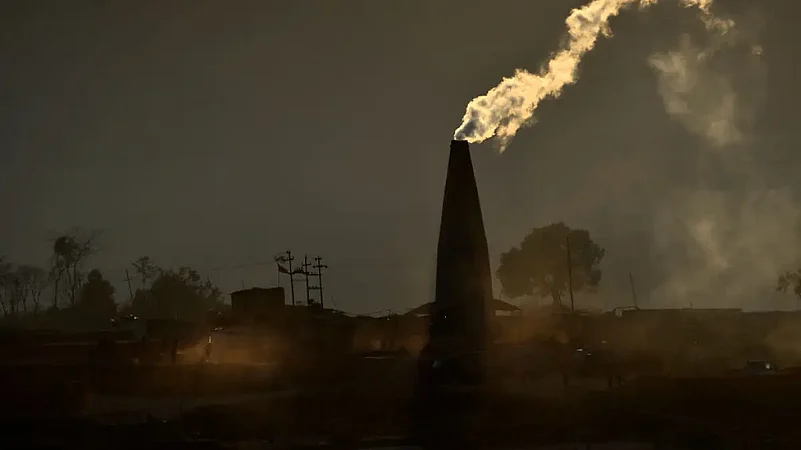Book details:
An Afternoon in my Mind
Poetry, Hardback
Copper Coin Publishing, 2022, 78 pp.
Moments slip by so fast before we can register them, time hurtling us toward the future, the past flashing now and then while we are speeding ahead. Sonnet Mondal captures many of the passing moments of his life in his volume, so we get glimpses of the poet’s universe in the vignettes of image-events in his immediate environment or in his chambers of memories. The poems, mostly set into three- line stanzas or free verse couplets, offer us scenes, musings, and recollections. Similes, metaphors, imagery, and synecdoche abound in this volume. In the title poem, Mondal writes about his recollection of fishing with his relatives,
The fish we caught that day
still flutter in my mind.
The pond must be
keeping our reflections safe—
somewhere in its water
captured by the late afternoon light.
We are captivated by water retaining the memory of the family in this meditative pursuit, light being the photographic material aiding it. Mondal animates nature, the streets, and ordinary objects, such that they too are imbued with the impressions of the speakers or characters in the poems. When he describes the city’s lockdown during the Covid pandemic, nature reflects the dreariness of the human illness: “Caged, wingless, a bird waits / for the last dusk;” streets are forsaken, as are the vehicles without passengers: “a forsaken boatman/rows for food in the twilight.” Cumulative auditory images in “Lockdown” bring out the imposed silence during the lockdown. All the poet hears are the variety of sounds accentuated by the silence: muted notes of TV and distant music, pen’s scratch on paper, a dog’s howl, and insect buzz, all of which produce “a symphony of the almost quiet.”
Mondal offers us a lesson from nature that helps him perceive loss. He reflects:
Those dewdrops—
how they shine
every morning
and then die.
How are they any different
from those insects flying
every night to die
when I wake up!

The dewdrop and the insect make the world beautiful, but even if their lives are momentary, they continue to lend their beauty. The dewdrop and the insect—they just are, a lesson in being, without the heaviness of the imminent end of life.
Longing, flashes of nostalgia, the beauty of the present, the gorgeousness of the natural world, are all expressed through rich imagery and metaphors. Witness the soaring of the poet’s imagination in “Thoughts on a Highway:”
If I could travel like the smoke from a chimney,
I would have had no moments
but an unending void all around
and a late moon subsiding
in soul-stretched dawn.
We get a sense of the human being as part of the void, what Buddhists call, nothingness. That our minds can imagine this, is a gift, that relieves us from feeling bound to time, even though, paradoxically the poet is trying to capture the moments of his swiftly passing life:
If there were stories waiting to be told
they died with their longing to be heard.
Mondal’s poems have the ease of Zen paintings. Although some poems could do with editing the over writing of similes and mixed metaphors which mask the direction of the poem, overall Mondal uses language cleverly to paint a few strokes for us to fill in the substance. Witness his use of synecdoche in “What’s the Judgment:“ the man who is sniggered at for his work of climbing into the manholes and drains of the city is the unfinished story of millions who do the work in the dregs of urban living to keep the cities running. The poem ends with “Who are we to this man?” Our story in the mind of this man is the unsaid that burns our curiosity—it is a judgment that is not articulated but is evident to the one who is aware.
An Afternoon in my Mind is not just an afternoon, but millions of moments that make up years of a singular life and an accumulation of lives of humans and nature alike.
(Pramila Venkateswaran, is the poet laureate of Suffolk County, Long Island (2013-15) and co-director of Matwaala: South Asian Diaspora Poetry Festival. She is the author of The Singer of Alleppey (Shanti Arts, 2018) and many other books of poetry.)





















